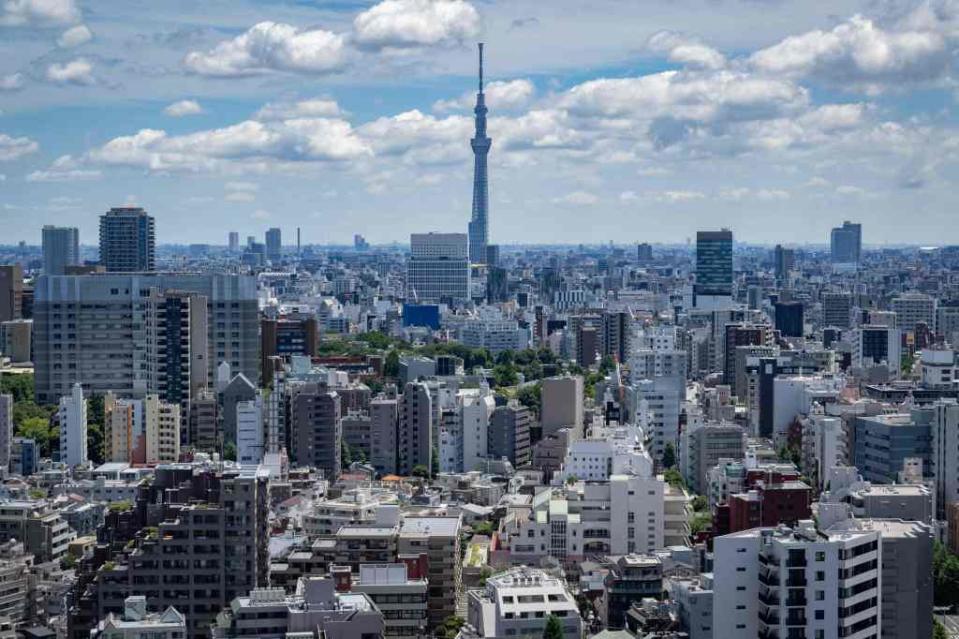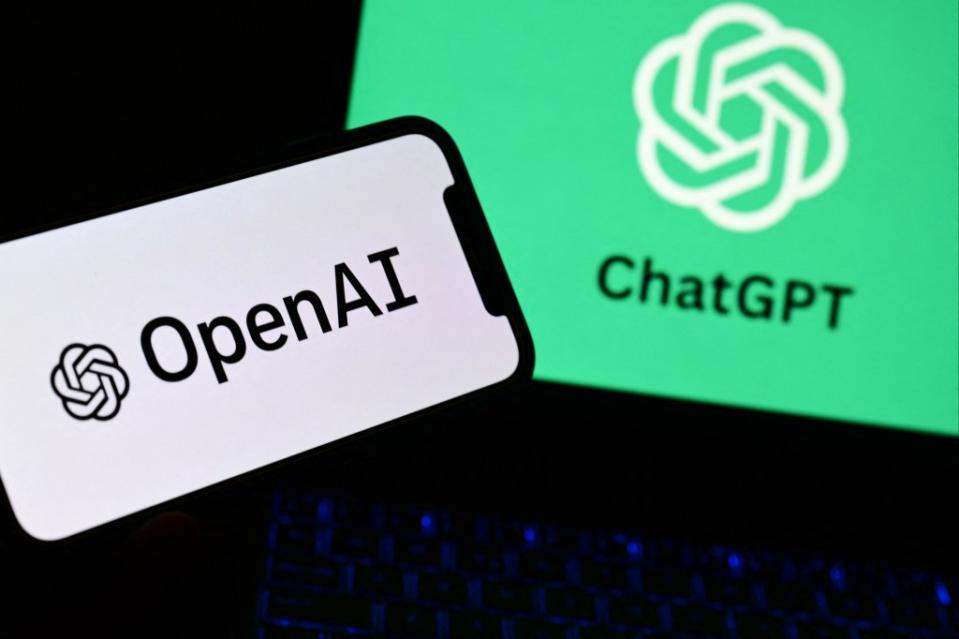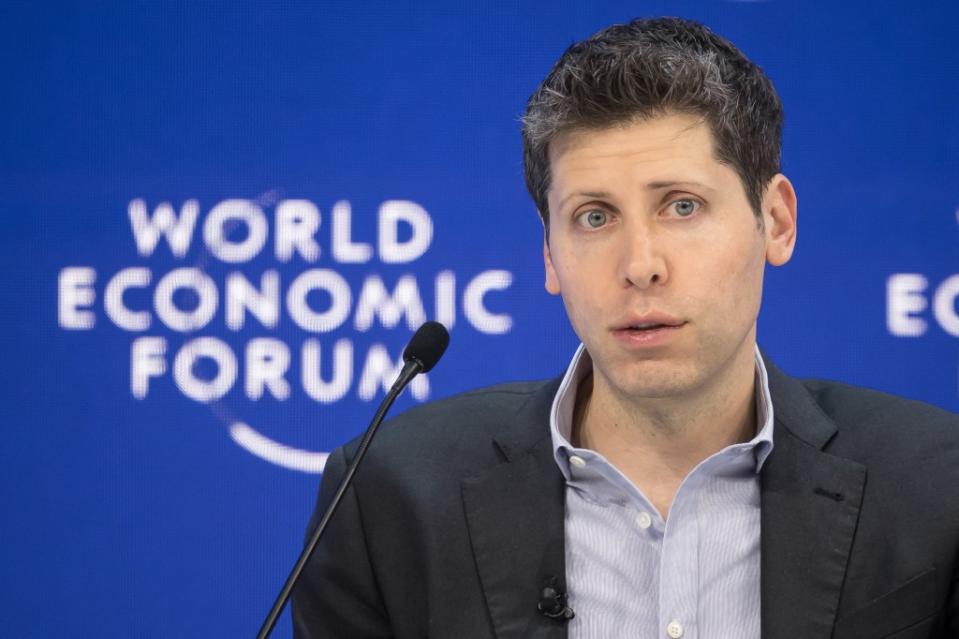OpenAI to open office in Tokyo as it plots global growth spurt

OpenAI is reportedly gearing up to open an office in Tokyo this month — the ChatGPT-maker’s third international office as it expands its global footprint.
The Japan hub will be OpenAI’s first in Asia, a person familiar with the matter told Bloomberg, following offices in London and Dublin that opened last year.
Before its international expansion, OpenAI was operating only out of its US headquarters in San Francisco, in Mission District’s historic Pioneer Building, which it moved into just one year after its founding, in 2016.

In the years since it has triggered an artificial intelligence frenzy — especially after releasing among the most popular large language models available for public use, ChatGPT, in November 2022.
ChatGPT now boasts upwards of 180 million users and is in talks to raise funding at a valuation of at least $100 billion, according to Bloomberg.
That interest has only recently peaked among Japanese companies, Bloomberg reported, with major firms like investment holding company SoftBank and Tokyo-based Nippon Telegraph & Telephone Corp., the world’s fourth-largest telecommunications company, racing to implement AI software for Japanese speakers.
As a result, OpenAI is planning to expand its own Japanese-language services, according to Bloomberg. The firm is working with the government on mitigating risks and implementing regulations ahead of that forthcoming software’s release.
Altman also met with Japanese Prime Minister Fumio Kishida last April, which is when the organization’s idea for a Tokyo office came about, Bloomberg reported.
Other details about OpenAI’s Tokyo office and imminent Japanese-language tools weren’t immediately clear.

Representatives for OpenAI did not immediately respond to The Post’s request for comment.
The AI giant’s first foray into international markets came in late June, when it opened its first overseas office in London — a significant milestone, OpenAI said at the time, “showcasing our commitment to broaden the scope of our operations, bring in diverse perspectives, and accelerate our mission of ensuring that artificial general intelligence (AGI) benefits all of humanity.”
OpenAI’s Dublin, Ireland, hub opened just months later, in September 2023.
So far this year, the company has halted its global expansion and unveiled a revolutionary new software called Sora that can produce high-caliber video in response to a few simple text queries.
The technology uses its “deep understanding of language” to create clips of up to one-minute long that include “compelling characters” and “multiple shots within a single generated video,” the company said on a website dedicated to Sora, which debuted in February.
On Friday, OpenAI revealed in a blog post on its website that it has also been working on a tool that can clone human voices from just 15 seconds of recorded audio — but it hasn’t yet released it to the public over fears that it will be misused, especially during the 2024 election.

Called Voice Engine, the software was first developed in 2022 an integrated into ChatGPT’s text-to-speech feature, but its use cases have since expanded with the help of “a small group of trusted partners.”
However, OpenAI has yet to release Voice Engine to the general public because there are “serious risks, which are especially top of mind in an election year,” per the blog post.
“We are choosing to preview but not widely release this technology at this time,” OpenAI said, “to bolster societal resilience against the challenges brought by ever more convincing generative models.”
It wasn’t immediately clear when OpenAI would debut Voice Engine at a larger scale, though in the near future, it said: “We encourage steps like phasing out voice-based authentication as a security measure for accessing bank accounts and other sensitive information.”

 Yahoo News
Yahoo News 
